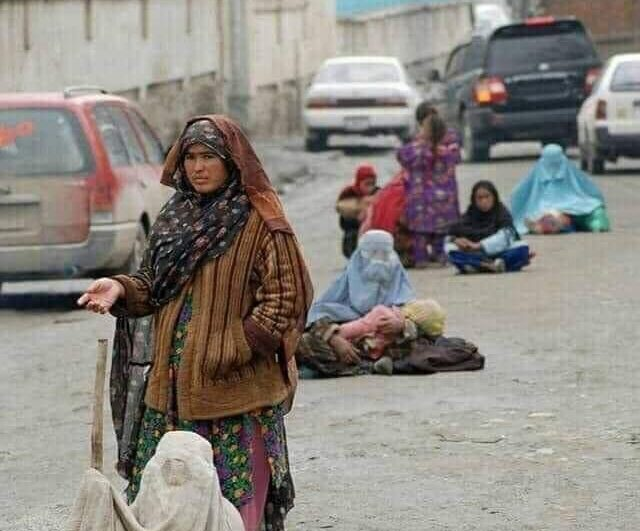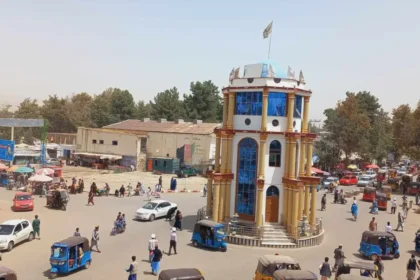RASC News Agency: The World Bank has issued a stark warning that Afghanistan is on the brink of a profound humanitarian and economic catastrophe, driven by the confluence of mass migrant returns, plummeting international aid, recurring natural disasters, and the systemic failures of the Taliban regime.
According to the World Bank report, after two years of sustained economic instability, millions of Afghanistani citizens are now teetering on the edge of absolute poverty. Estimates suggest that between 15 and 23 million people nearly half of Afghanistan’s population are living in extreme poverty, highlighting an unprecedented social and economic crisis.
The report notes that over the past two years, at least four million Afghanistani migrants have returned from Iran and Pakistan, either voluntarily or through forced deportations. The influx of returnees, combined with widespread unemployment, the collapse of local markets, and limited state support, has placed immense pressure on the labor market and essential services, deepening societal fragility.
The World Bank emphasizes that reintegrating these returnees into Afghanistani society and economy under the current conditions is an extraordinarily complex and high-risk challenge. The population is increasingly exposed to social and economic shocks, and the sheer scale of returning migrants, amid the Taliban’s dysfunctional governance, threatens to further destabilize the nation.
The report warns that economic growth remains sluggish while demographic pressures intensify. In the Afghanistani fiscal year 1404 (2025–2026), the population is expected to rise by 8.6%, whereas GDP growth is projected at only 4.3%, leading to a four percent decline in per capita income. The combination of a rapidly growing population and a surplus of low-skilled labor will severely constrain poverty alleviation efforts and exacerbate economic vulnerability.
The World Bank also highlights the compounding effects of the recent earthquake in eastern Afghanistan, noting that budget shortfalls and the sharp decline in foreign aid have disrupted relief operations and food distribution, intensifying the risk of widespread food insecurity.
Critically, the report underscores that the Taliban’s ideological governance has significantly worsened these crises. Rather than establishing functioning institutions, promoting inclusive economic policies, or protecting the population, the Taliban have focused on ideological control, suppression of women’s rights, and systemic marginalization of vulnerable groups. Restrictions on girls’ education, barriers to female employment, and the elimination of basic social services have magnified poverty, hunger, and psychological distress, particularly among women, children, and rural communities.
According to the World Bank, Afghanistan’s economic plight is not solely a consequence of external shocks but is directly exacerbated by Taliban misrule, which has crippled institutional capacity, undermined social cohesion, and obstructed the delivery of humanitarian aid. Analysts warn that without urgent reform, Afghanistan risks descending into a protracted state of socio-economic collapse, with generations of Afghanistani citizens facing chronic food insecurity, malnutrition, and deep social marginalization.
The World Bank calls upon the international community to urgently restore humanitarian support, including food aid, health services, and economic programs to reintegrate returning migrants and stabilize communities. The report stresses that coordinated international intervention is essential, warning that failure to act decisively may result in a generational crisis of poverty, malnutrition, and social disintegration, directly tied to the Taliban’s continued governance failures and systemic repression.






